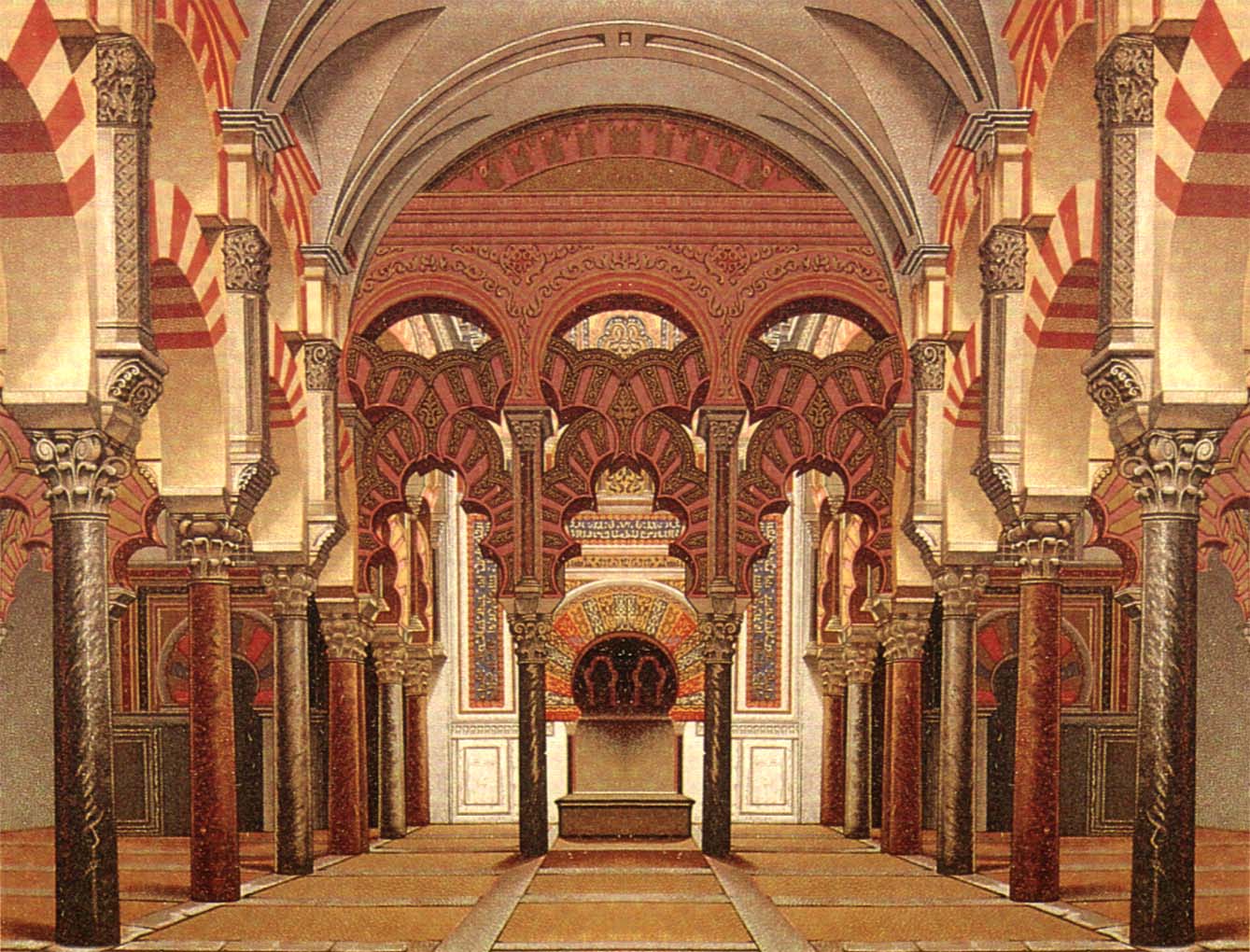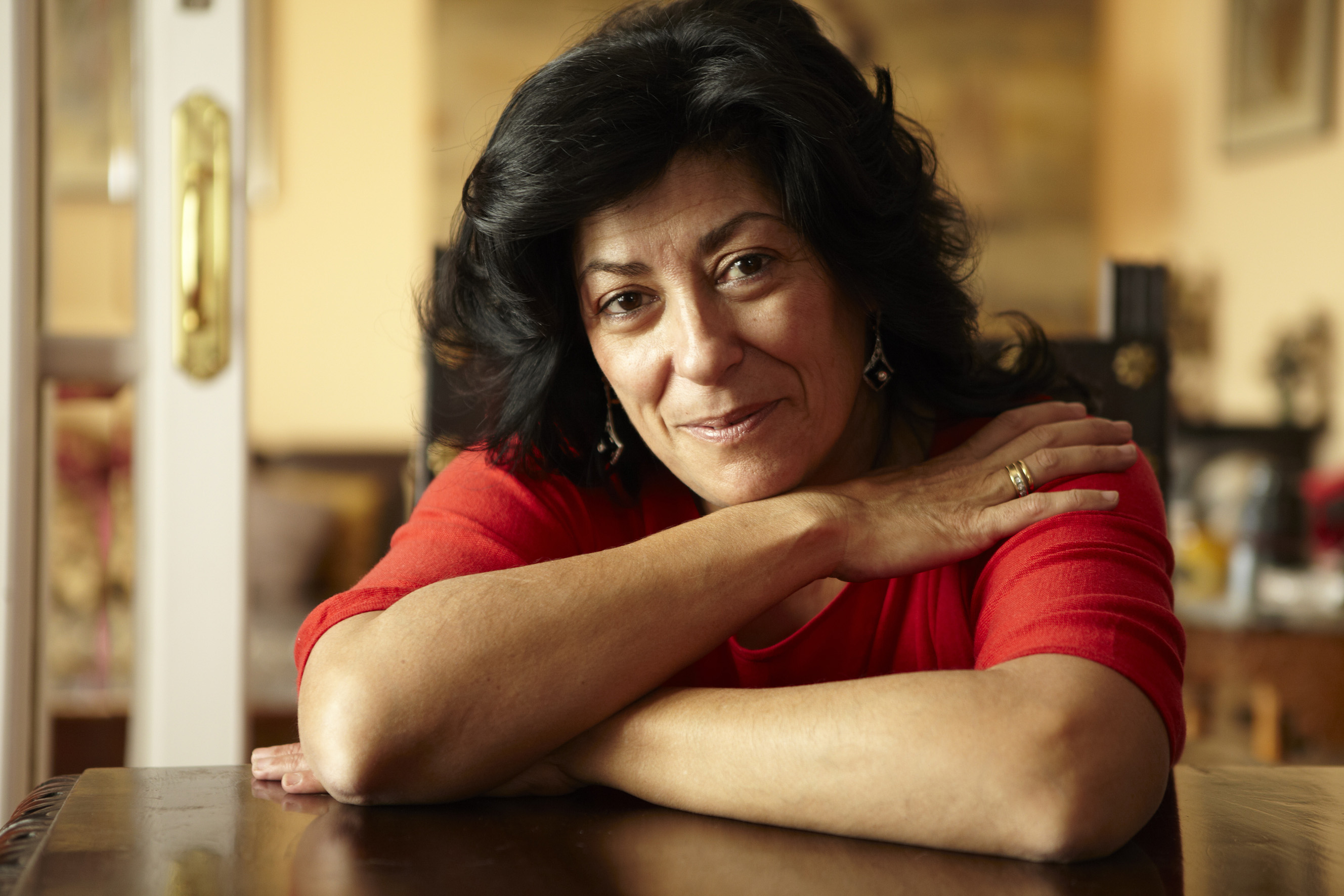
“The story of Al-Andalus complicates the image of a white, Christian Europe that supposedly owes everything innovative and important to Paris, Bologna and London,” says Aleksandra Lipczak, author of Lajla znaczy noc [Layla Means Night].
Anna Piwowarska: Your new book, Layla Means Night, tells the story of Al-Andalus. It’s the southern part of Spain, which remained under Arab rule for almost 800 years. Three great religions co-existed on the peninsula: Islam, Christianity and Judaism. What exactly do you write about when you write about Al-Andalus?
Aleksandra Lipczak: I write about history from a contemporary perspective. And, to some extent, about the present from a historical perspective. Describing such far-away times as the 10th century may give the impression that I’ve written a historical book. However, it was created in the here and now; it’s rooted right here, in the present moment. And, to a large extent, it is a reportage.
I am not a historian. I am a modern European woman and a citizen of Poland, which once was a multicultural country. To me, the history of mediaeval Europe under the influence of Arab culture is a mirror in which I see my own reflection.
Layla Means Night. A beautiful title.
I’m fond of it, because it is both beautiful and complicated, just like the history of Al-Andalus itself. Not only is the title poetic, it also refers to a very specific case of cultural and spiritual influences that became intertwined, which is what really interested me when I was writing this book.
What does ‘layla’ mean, apart from ‘night’?
Perhaps I can mention St John of the Cross here. It’s surprising that I’m referring to the Catholic saint and mystic in this context. In the times of St John of the Cross – that is, in the 16th century – Al-Andalus had ceased to exist. The Inquisition was wreaking havoc on the Iberian Peninsula, Arabic manuscripts were either being burned or kept hidden. In spite of this, the poetry of St John of the Cross – who came from a family of converts, Jews converted to Christianity – clearly bears the marks of Sufism.
The image of erotic love as a metaphor of the communion with God was perfected in Islamic mystical poetry. It was a way of expressing what could not be put into words. In a poem by St John of the Cross entitled The Dark Night of the Soul, there is a description of a meetin





